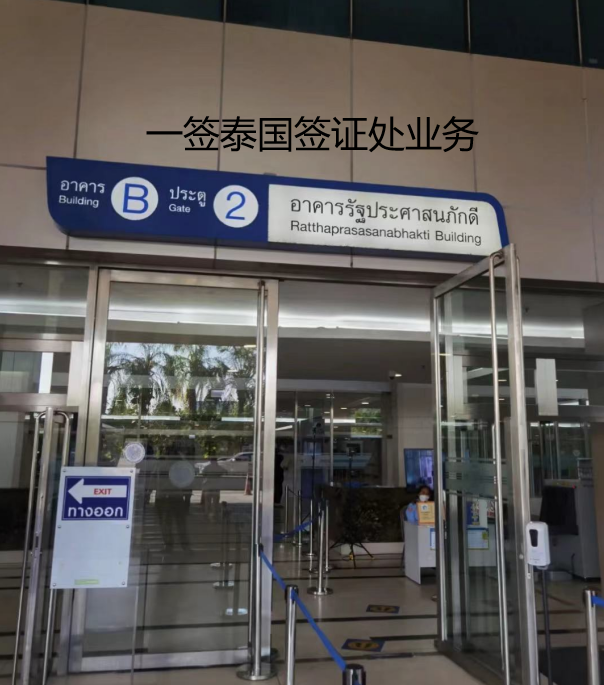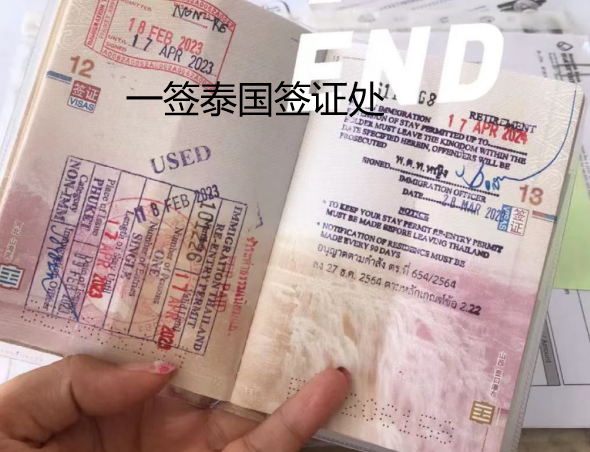难民能办理签证吗英文,Can refugees apply for visas
- 签证类型
- 2024-09-05
- 54
Introduction

Refugees are people who have fled their countries due to persecution, war, or violence and are unable or unwilling to return due to fear of further harm. As such, they are often in need of international protection and assistance. However, the issue of whether refugees can apply for visas remains a contentious one.
Legal Framework
The legal framework governing the admission of refugees is primarily set out in the 1951 Refugee Convention and its 1967 Protocol, which define a refugee as someone who is outside their country of nationality and has a well-founded fear of persecution on account of their race, religion, nationality, political opinion, or membership in a particular social group. The Convention requires signatory states to provide refugees with certain types of protection, including access to work, education, and travel documents, as well as to facilitate their naturalization.
Applying for Visas
While refugees are entitled to certain types of protection under international law, the question of whether they can apply for visas can vary depending on the country in question. In general, refugees are required to obtain visas or other travel documents in order to enter or transit through other countries. However, some countries have special provisions in place to facilitate the entry of refugees, such as humanitarian visas or temporary protection visas.
For example, in the United States, refugees may apply for a visa through the U.S. Refugee Admissions Program, which is designed to identify and provide protection to refugees who have fled persecution or conflict in their home countries. Similarly, in Australia, refugees who are unable to return to their home countries due to fear of persecution may be eligible for a temporary protection visa.
Challenges Faced by Refugees
Despite the legal framework and special provisions in place for refugees, many refugees still face significant challenges when seeking to apply for visas. One major obstacle is the lack of access to consular services in their home countries, which can make it difficult for them to obtain the necessary documents and information required to apply for visas. Additionally, many refugees lack the financial resources necessary to pay for the application fees and travel expenses associated with applying for visas, as well as the legal fees required to navigate the complex visa application process.
Another major challenge is the stigmatization and discrimination that refugees often face when seeking to travel or apply for visas. Many countries have placed restrictions on the admission of refugees due to security concerns, and some governments have even adopted anti-immigrant policies that have further contributed to the marginalization of refugees. This has made it even more difficult for refugees to access visas and travel documents, and has created a climate of fear and uncertainty for those who have fled their home countries in search of safety and protection.
Conclusion
While refugees are entitled to certain types of protection under international law, the issue of whether they can apply for visas remains a complex and often contentious one. While some countries have established special provisions to facilitate the entry of refugees, many others have adopted anti-immigrant policies that have made it even more difficult for refugees to access visas and travel documents. In order to ensure that refugees are able to exercise their rights to protection and assistance, it is important for governments and international organizations to work together to create a more supportive and inclusive system for refugees seeking to apply for visas and travel documents.
声明:本网站文章部分来源网络,版权归属原作者,部分文章推送时未能及时与原作者取得联系,若来源标注错误或侵犯到您的权益烦请告知邮箱:256 231 235 @qq.com,我们将立即删除!
本文链接:http://www.mlqz7777.com/qz173697.html













